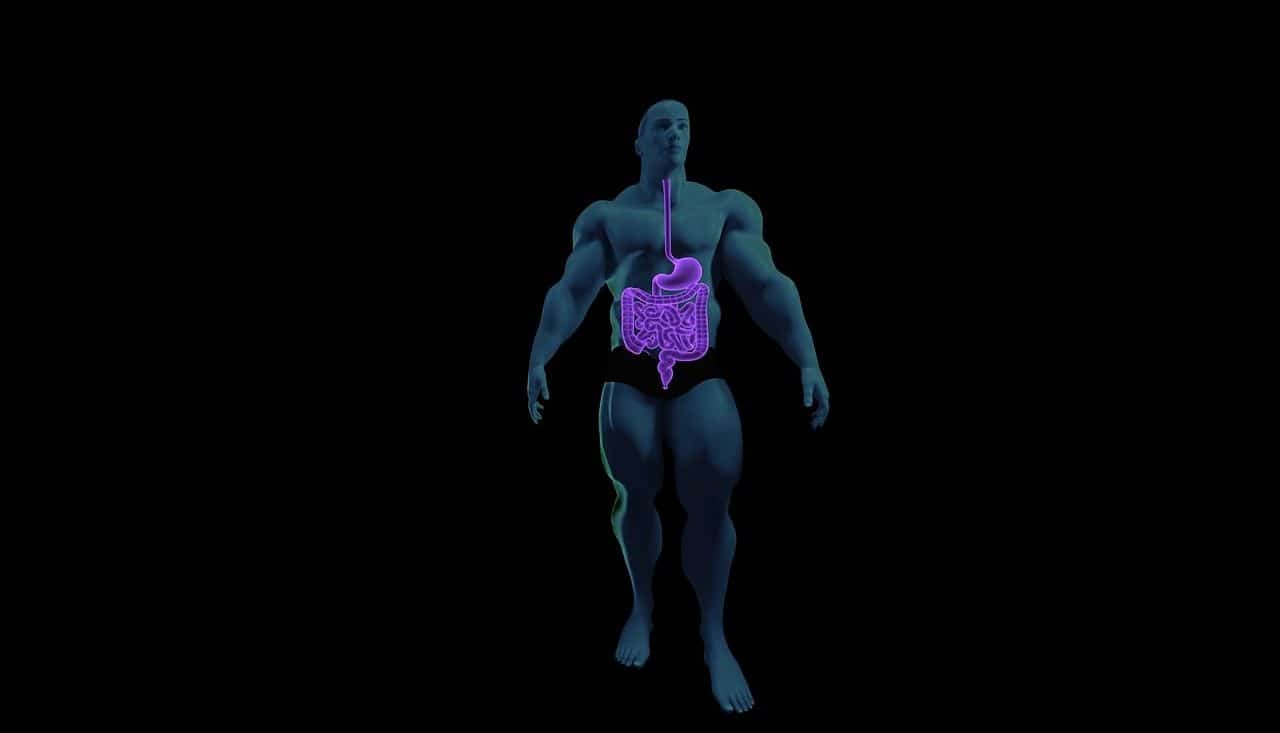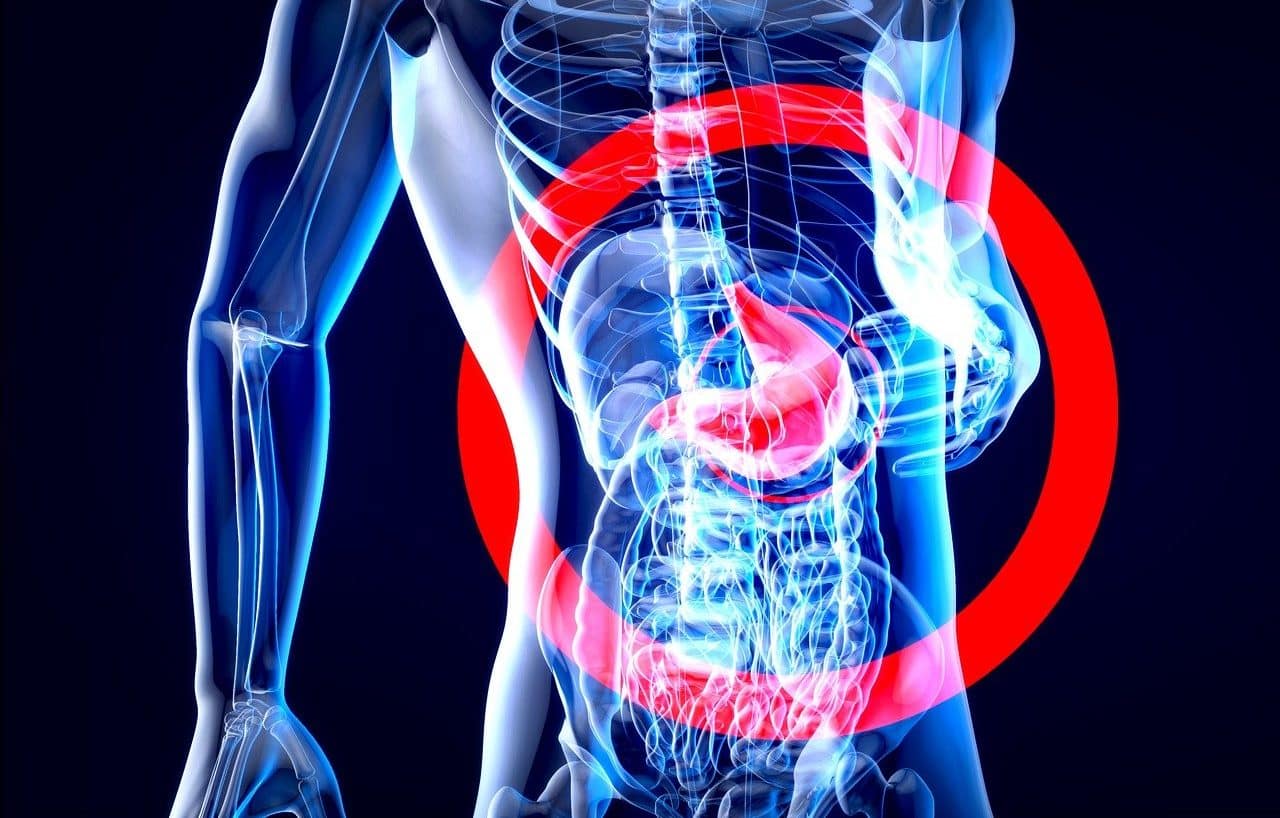
The digestive tract is made up of the organs that intervene in digestion.
A digestive tract is a structure made up of the organs involved in digestion . The concept is equivalent to the notions of digestive system and digestive system .
It should be noted that a tube is a hollow element that usually has a cylindrical shape. Digestive , for its part, is that linked to digestion (the process that allows food to be transformed into a substance that the body can assimilate).
Characteristics of the digestive tract
The digestive tract begins in the mouth , which is the place through which food enters the body. The teeth grind the food and, with the help of saliva , the bolus is created, which travels through the pharynx and esophagus until it reaches the stomach .
In this sector of the digestive tract, gastric juice and muscle movements cause the bolus to become chyme . This then passes to the small intestine , where bile and pancreatic juices intervene. The last sector of the digestive tract is formed by the large intestine , which ends in the rectum . Through the anus , finally, the remains of food that cannot be digested are eliminated.
As you can see, the organs that make up the digestive tract are involved in the entire digestion process, from when food enters the body through the mouth until waste is expelled through the anus. The digestive tract, in short, fulfills the function of transporting food and breaking it down for the absorption of nutrients and then eliminating waste.

Various problems and disorders can affect the digestive tract.
Diseases and disorders
Many different diseases can occur in the digestive tract, depending on the organ or area they affect. This entire set of disorders is called digestive diseases , and their severity varies greatly, from mild to serious.
Let's see below some of the most common digestive diseases and disorders, grouped according to the part of the digestive tract in which they appear:
- Stomach : lactose intolerance, gastritis , hiatal hernia, peptic ulcer and stomach cancer.
- Bbilis : cholangitis, cholecystitis, biliary cancer and gallstones.
- Anus or rectum : hemorrhoids, rectal prolapse, anal fissure, proctitis, colon polyps, colorectal cancer and irritable bowel syndrome.
- Esophagus : esophagitis (or esophagitis), achalasia, strictures, and gastroesophageal reflux disease.
- Liver : hepatitis (A, B, or C), liver cancer, Wilson's disease, cirrhosis, hepatic coma, liver failure, and alcoholic hepatitis.
- * pancreas : pancreatitis, pancreatic cancer and pancreatic pseudocyst.
- Intestines : duodenal ulcer, parasites, inginal hernia, fecal incontinence, duodenitis, tenesmus, diverticulitis, diverticulosis, irritable bowel syndrome, gas , infections (rotavirus, cholera , salmonellosis, etc.), Crohn's disease, celiac disease, malabsorption, ischemic colitis, intestinal obstruction.
Away from the technicalities, there are many symptoms that usually point to problems in the digestive tract. For example, blood loss when defecating, bloating , constipation, and diarrhea.
These and other symptoms are much more common than digestive diseases, and there are a large number of home remedies to treat them, as well as industrial products that professionals advise consuming daily.
Other common problems in the digestive tract
Gastric acidity is another of the common problems of the digestive tract, and it usually appears in times of great stress or after excessive eating, generally at parties or group meals.
This disorder is characterized by a burning sensation in the esophagus and we should only worry if it appears frequently, as it may be gastroesophageal reflux , a disease that occurs when the band of muscles at the beginning of the stomach does not close properly, thus allowing that the contents of the latter rise into the esophagus.
Young children often present with another of the most common digestive tract problems: vomiting and nausea . Just like acidity, we should not give it greater importance if it only appears in isolation and if it is resolved with rest and purification .
